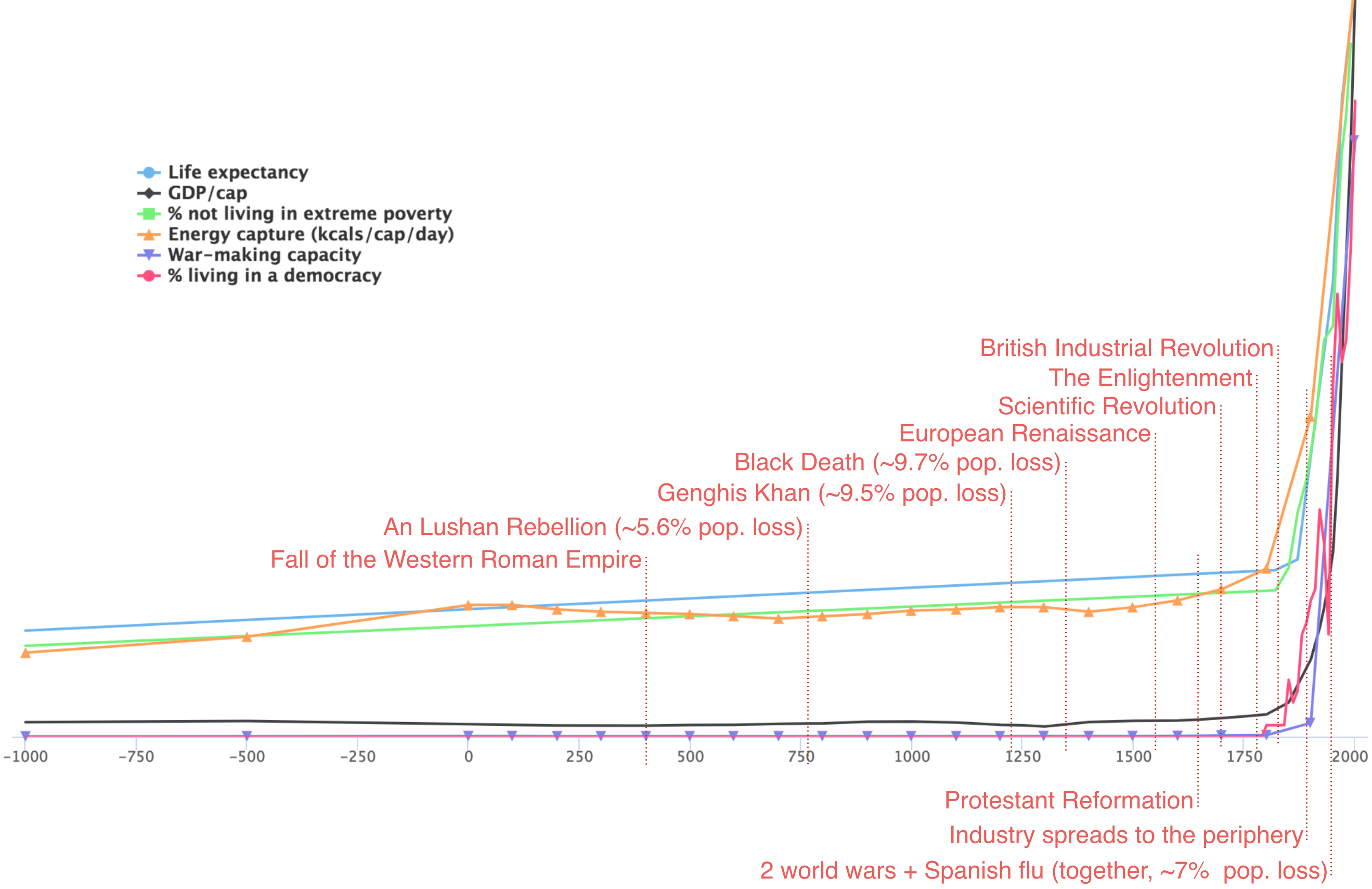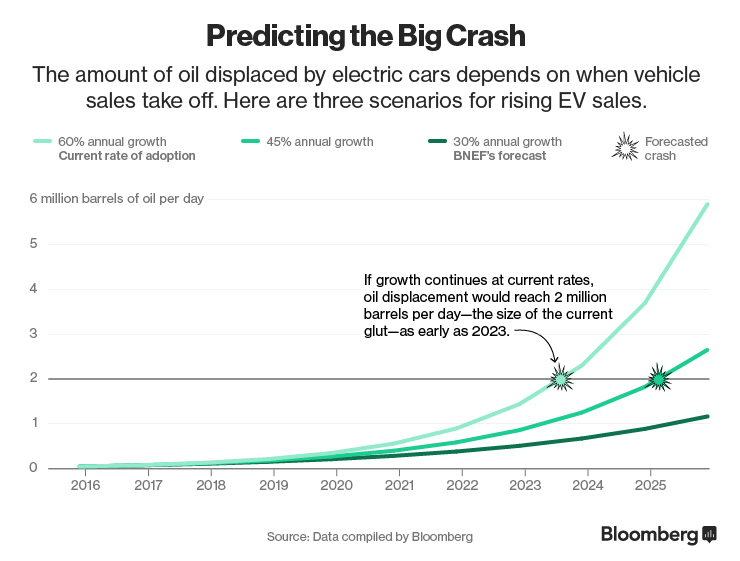Source: What happens next: Explore the future of money, food, facts, home, and work — Quartz
In our new series, What Happens Next, we talked to the people living the future to see what it might look like.
The future has a history. And the stories we tell about incoming change—the stories we’ve always told about such changes—fall into consistent patterns. Dator gained some of his stature in future studies with his famous observation that predictions about the future—whether they’re coming from a corporate spreadsheet, a church pulpit or Hollywood—all boil down to roughly four scenarios. Growth that keeps going. Transformation upending the past. Collapse of the present order. And discipline imposed, in some cases, to hold such collapse at bay.
Understanding these patterns helps drive home the idea that the future is multiple. Living as if there’s only one way things are going to turn out isn’t terribly resilient when events take off in a shocking direction.
If our only images for the future are victory or doom, the underlying message for regular people seems to be, “There’s nothing you can do.”
We need more useful ways to consider and prepare for what happens next.

